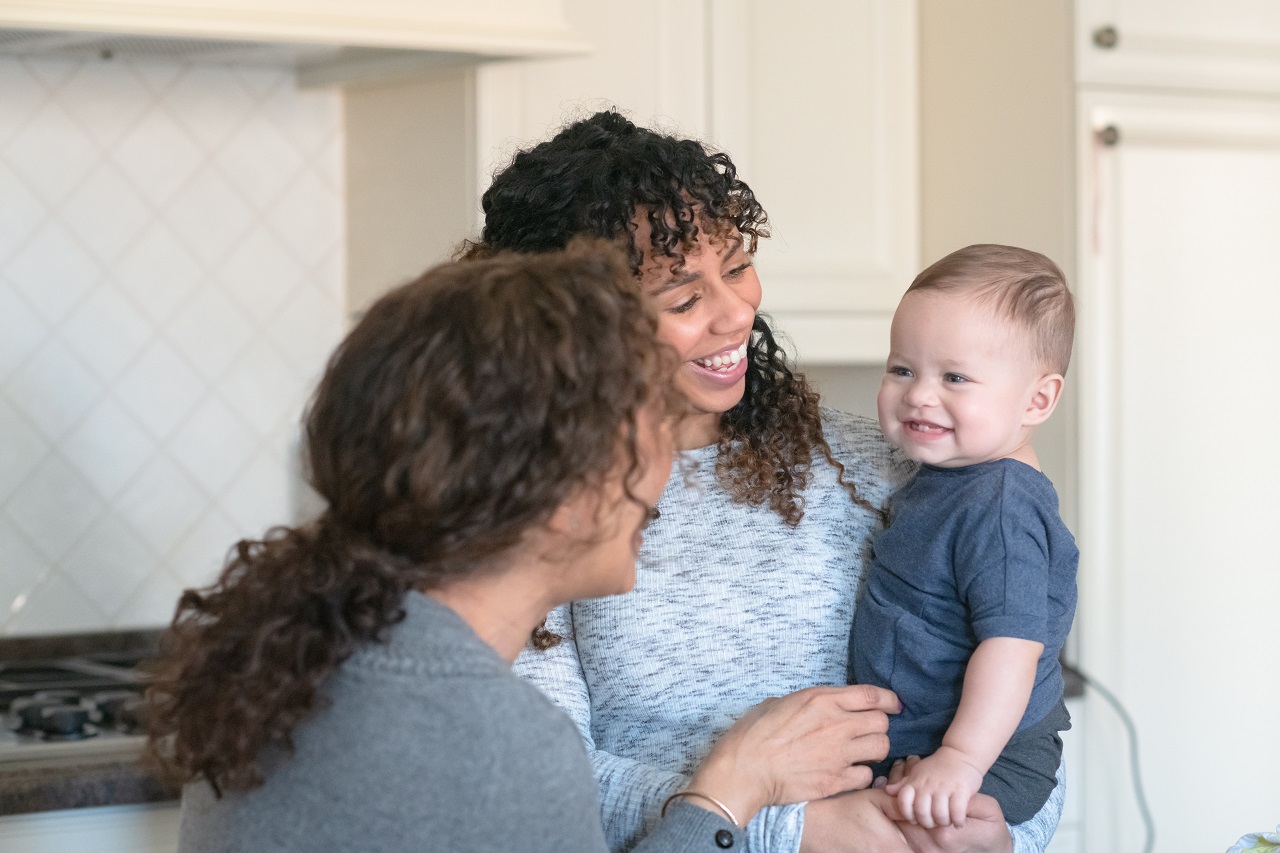
Fostering is one of the most rewarding and fulfilling roles a person can take on, but it’s also a role that comes with unique challenges. That’s why having the right support system is crucial – not just for foster carers, but for the children and young people in their care. At Foster Wales Carmarthenshire, we understand the importance of having a strong community where carers feel supported, connected, and confident in their journey. One of the ways we do this is through our mentor led support groups.
What are mentor led support groups?
Our mentor led support groups are monthly gatherings designed to bring foster carers together in a supportive, open environment. Here, foster carers have the chance to share experiences, discuss challenges, and offer each other advice. Led by experienced foster carers who act as mentors, these groups are an essential part of our ongoing commitment to improving the fostering experience.
Mentors offer invaluable, non-judgemental support because they’ve been through similar experiences. They understand the unique pressures of fostering and are in a position to guide newer carers, sharing their expertise and helping others navigate the complexities of fostering.
One of our mentors shared their experience: “It does people good to get together, meet new people and make relationships.”
Key benefits of mentor led support groups
These groups offer a range of benefits to foster carers:
- Peer support and empathy: Foster carers can often feel isolated, especially if they’re in rural areas or facing particularly tough situations. In these groups, carers can connect with peers who truly understand what they’re going through, offering empathy and support that’s hard to find elsewhere.
- Learning and development: Each session highlights key themes and topics relevant to foster care, ensuring that carers continuously expand their knowledge. This focus on learning means that each meeting helps carers grow in confidence, giving them the tools they need to provide the best possible care.
- Improved placement stability: By building relationships with experienced mentors and fellow carers, foster carers are better equipped to manage the challenges that come with fostering. This can lead to improved placement stability, ensuring that children and young people have a safe, secure home environment.
- Tailored support: Whether it’s matching carers based on geography, fostering specialisations, or simply linking new carers with more experienced ones, the mentor-mentee relationships are personalised to meet individual needs.
The role of the mentor
Mentors in our support groups play a key role in supporting the wider fostering community. They provide:
- Emotional support: Having someone to talk to who understands the emotional highs and lows of fostering is incredibly important. Mentors offer a listening ear and practical advice.
- Practical guidance: From navigating fostering procedures to managing complex care needs, mentors share expertise and tips to help carers succeed.
- Encouragement: Foster carers are encouraged to attend training, support groups, and local events that help them grow in their role. Mentors are there to motivate carers to take advantage of these opportunities, supporting them along the way.
Matching mentors with mentees
We carefully match mentors with mentees based on a variety of factors such as geographical location, shared interests, or specific fostering experiences. For example, carers who foster teenagers or children with disabilities might be paired with mentors who have experience in those areas. This ensures that carers receive the most relevant support for their unique circumstances.
How do mentor led support groups impact foster carers?
The primary goal of our mentor led support groups is to improve placement stability and permanency for children, while also enhancing the support available to foster carers. By providing both emotional and practical guidance, these groups create a nurturing environment where foster carers can grow in their roles.
Many carers who attend our mentor led support groups say they feel less isolated, more connected, and better equipped to handle the challenges that come with fostering. The relationships they build with their peers and mentors become a source of strength, helping them provide stable, loving homes for the children in their care.
One of our mentees reflected on the value of the group: “I like support groups because I like the fact that we can meet up with people, people who are in the same boat as us. They are the only people who really understand what it is that we do.”
Foster with your Local Authority
Our mentor led support groups are one of the many ways we support our foster carers, helping them feel empowered and connected.
At Foster Wales Carmarthenshire, we’re more than just part of a national network of 22 Welsh local authority fostering services – we’re your local team, dedicated to building brighter futures for children in our community. Get in touch with us today to find out how you can make a real impact by fostering.
Not in Carmarthenshire? No problem! Visit Foster Wales to learn more about fostering in your area and connect with your local team.

